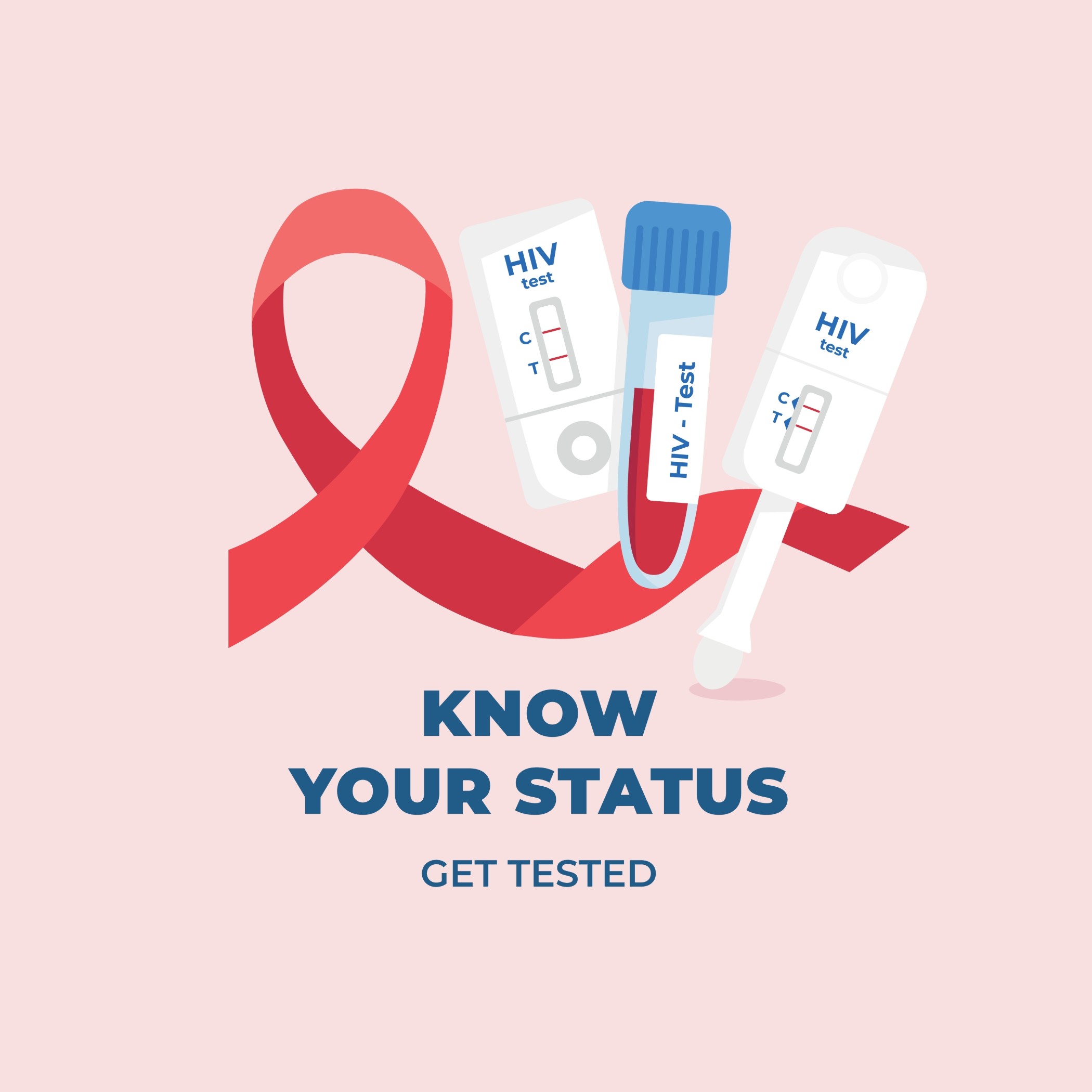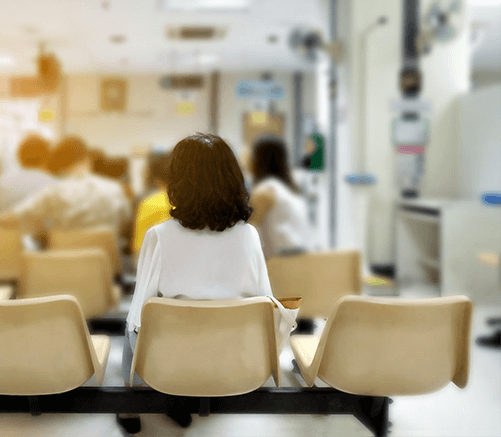Over recent years there has been an increase in cases of HIV. This includes an increase in the number of women and heterosexual people who are testing positive for HIV.
HIV (Human Immunodeficiency Virus) is a virus that damages the cells in your immune system. HIV stays in the body for life, but treatment can keep the virus under control and the immune system healthy. People living with HIV in the UK can expect to have a normal life expectancy if diagnosed early and if they take their medication as recommended.
If you have HIV and you take your medication properly, the level of virus in your body becomes undetectable. That means the virus is still present, but the level is so low that the testing machine can’t find it easily.
When someone living with HIV has an undetectable viral load, they cannot pass HIV on to anyone else. Undetectable = Untransmittable (U=U). When undetectable, there is so little virus that HIV has very little effect on the body, and people can live a healthy life.
When people with HIV don't get treatment, they will progress to late stage HIV. This can lead to a number of potentially life-threatening infections and illnesses that happen when your immune system has been severely damaged by the HIV virus.
?Testing is the only way to know your HIV status. Testing is available free of charge through your GP, local sexual health service, or through postal testing.
Most people diagnosed with HIV in the UK acquire the virus through unprotected vaginal or anal sex.
When used correctly, condoms stop HIV infection as the virus cannot pass through the latex of the condom.
PrEP i is taken before potential exposure to HIV and is highly effective at preventing a person from catching it. PrEP is recommended for people whose sex lives place them at higher risk of acquiring HIV. The rules for taking PrEP are different for different at-risk groups so speak with your sexual health provider for more information.
PEP (post-exposure prophylaxis) is a way of protecting a person from catching HIV if they may have been recently exposed to the virus. It consists of a 28 day course of tablets and needs to be started within 72 hours of the exposure taking place. It does not guarantee protection but is around 80% effective.
Please contact your local sexual health service for further information.


